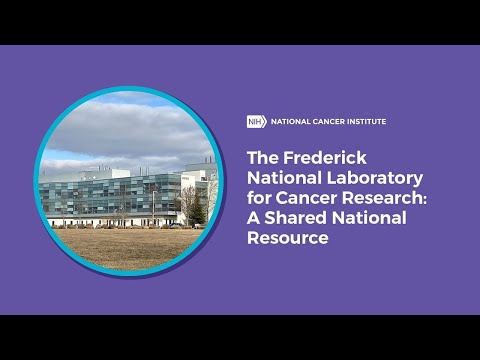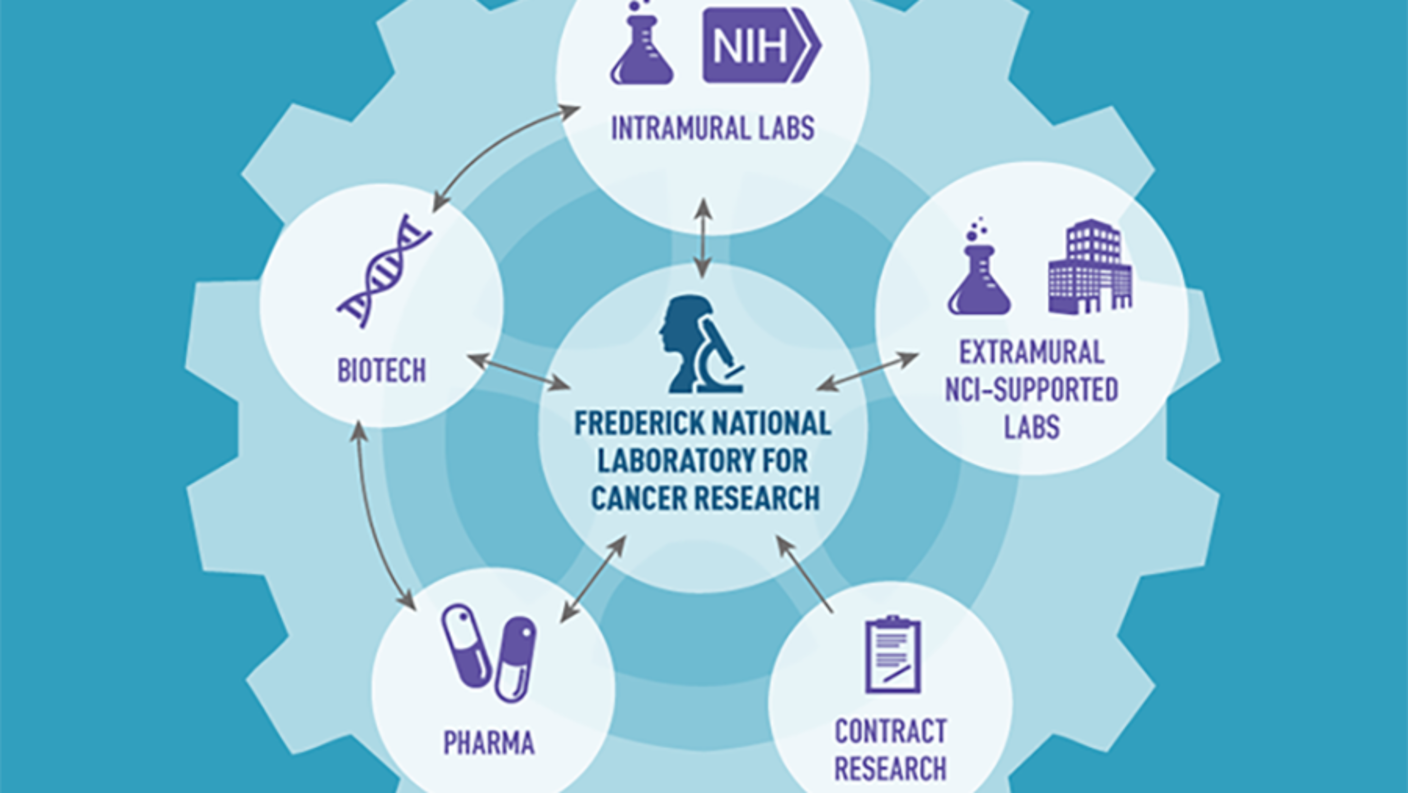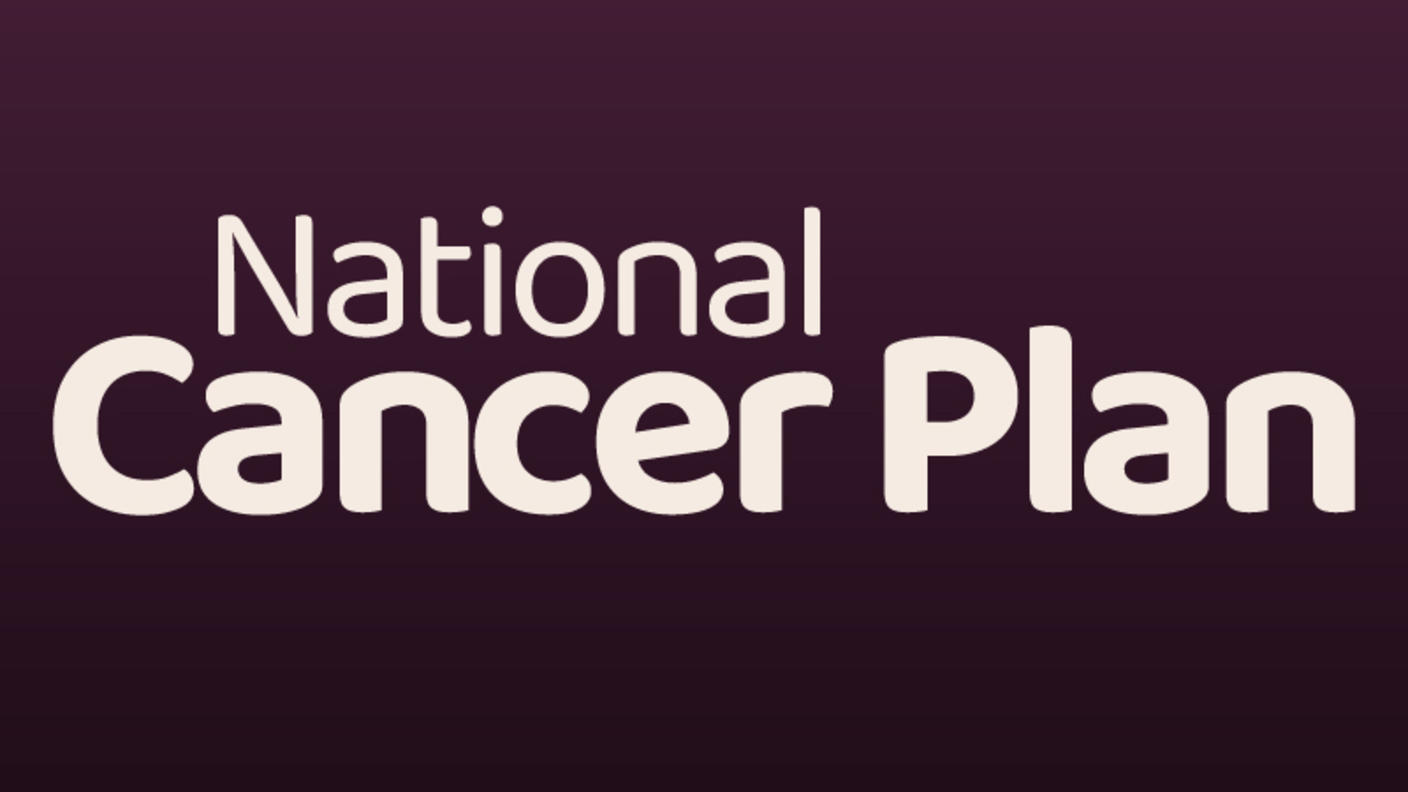Among the many cancer research laboratories operated by NCI, the Frederick National Laboratory for Cancer Research (FNLCR) is unique in that it is a Federally Funded Research and Development Center—one of 41 such centers in the United States that operate under a broad charter to respond rapidly and efficiently to meet the research and development needs of their government sponsors. The Frederick National Lab is overseen by NCI and operated by Leidos Biomedical Research, Inc. Located on NCI’s Frederick, Maryland, campus, the FNLCR combines private sector business practices with government infrastructure to conduct research in genetics, proteomics, bioinformatics, biomedical computing, animal sciences, and clinical operations.
As a national resource, the FNLCR provides cancer researchers a bridge between basic research and clinical practice with support that is not readily available elsewhere. By using private sector resources to accomplish tasks that are integral to the mission and operation of NCI, the FNLCR brings together public and private partners to address significant cancer research challenges.
Why FNLCR is Important to Cancer Research
The FNLCR conducts basic, translational, and preclinical research and development in cancer and AIDS. NCI investigators and technical staff at the FNLCR collaborate with staff at other government agencies, academic institutions, commercial entities, and nonprofit research organizations to develop tests and treatments for these diseases. Researchers at NCI and across the nation rely on the FNLCR for:
- biomarker identification and validation
- translational genomics
- next-generation preclinical assay development
- oncology-focused computational science
- production of clinical-grade biopharmaceuticals for first-in-human studies
- acceleration of nanotechnology applications for treatments and diagnostics
- preclinical model development, validation, and testing
How FNLCR Is Making a Difference in Cancer Research
As part of its ongoing commitment to the cancer research enterprise, FNLCR provides scientific tools, services, and information to enable and expedite research. FNLCR programs include:
- The NIH Standardized Organoid Modeling (SOM) Center is dedicated to using cutting-edge technologies to develop standardized organoid-based new approach methodologies (NAMS) that deliver robust, reproducible, and patient-centered research findings, while reducing reliance on animal models.
- The Biopharmaceutical Development Program (BDP), which produces novel antibodies and other proteins that require early development or are not ready for industry to take on.
- The Nanotechnology Characterization Laboratory (NCL), which is pioneering the application of nanotechnology in precision medicine for basic and applied cancer research.
- NCI's Experimental Therapeutics (NExT) Program, which shortens the timeline for new drug development and advances breakthroughs into new cancer therapies.
- The RAS Initiative, which supports the development of therapies against tumors that contain mutations in members of the RAS family of oncogenes.
The FNLCR maintains vast repositories of resource materials available to the biomedical research community nationwide. These include more than 15 million biological specimens, frozen tumor samples, research reagents, and genetically engineered mouse models of human cancers. National lab staff monitors more than 300 ongoing human clinical trials in the United States and overseas.
In addition, the FNLCR offers employees education, training, and professional development opportunities, as well as expert consultation in quality control, regulatory affairs, and patient safety.


